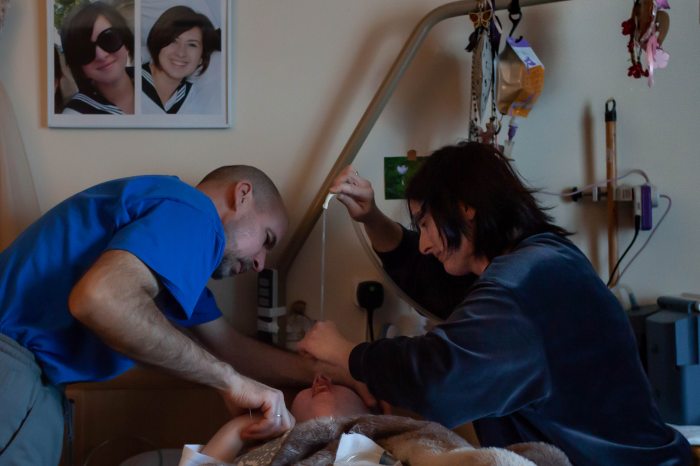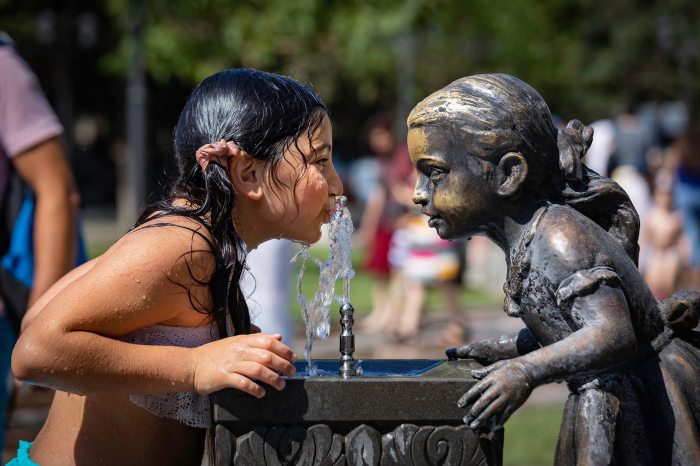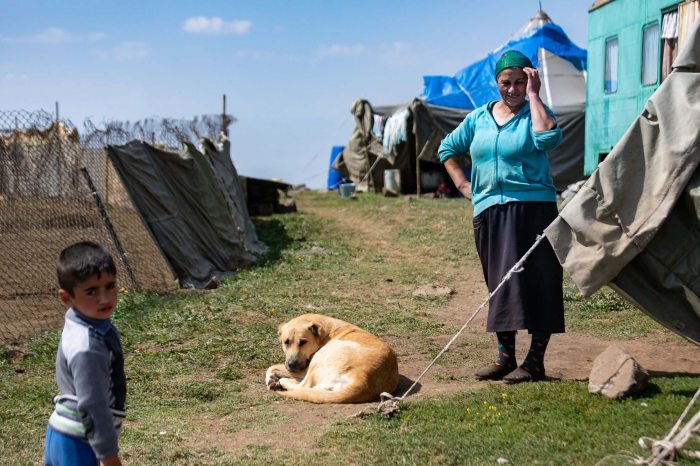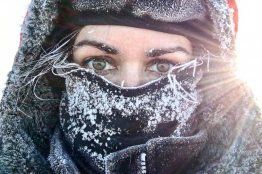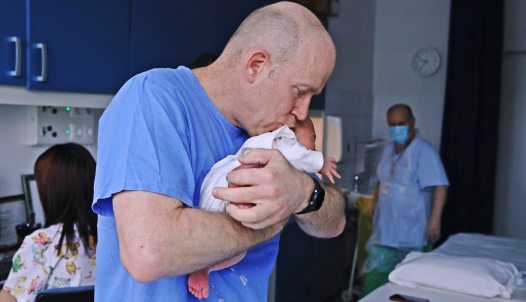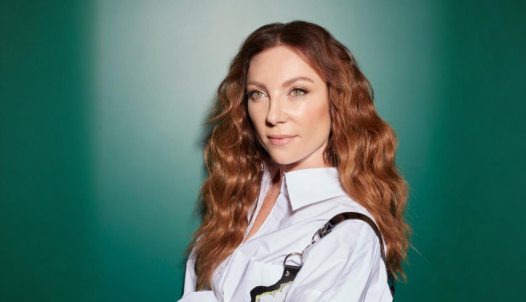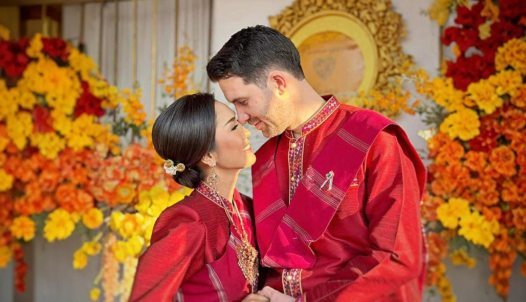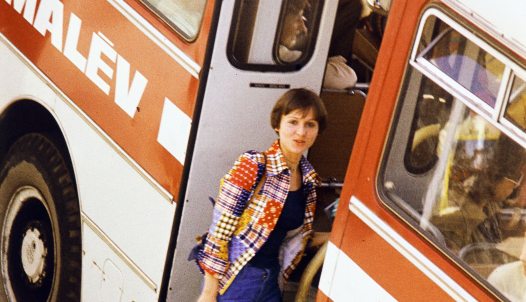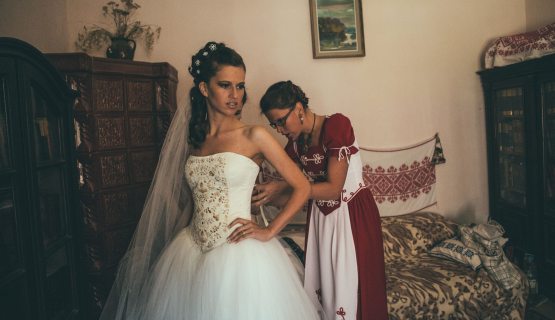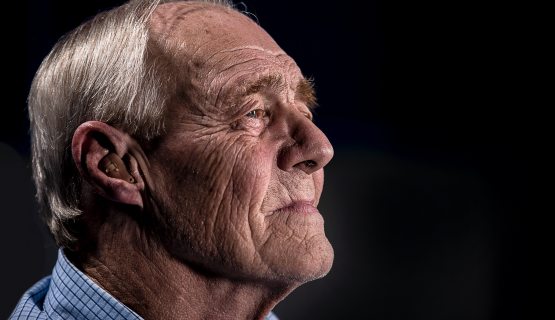Bea Kovács, from master beautician to prize-winning photo reporter
Bea Kovács’s life is worthy of a film: at the age of 40, the thriving, acclaimed beautician decided to study photography, and seriously, too. It soon turned out just how talented she is: she had not even completed her studies when she won the André Kertész Grand Prize of the Hungarian Press Photo Competition.
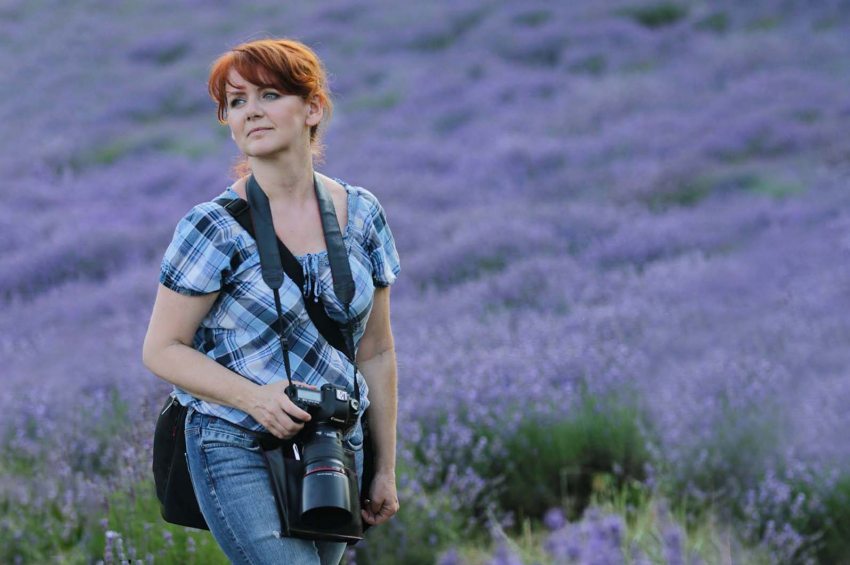
One of our more poignant articles was a report in 2018 on the case of Sári and her caring parents. Following a tragic accident, Sári has been in a semi-comatose state since the age of 16. Photographer Bea Kovács met Sári’s father through a friend before a theatre performance. She immediately wanted to ask if she could document the everyday struggles of the family. Thus was born her Semi-comatose photo documentary, which the National Association of Hungarian Journalists (MÚOSZ) reckons is the best human-centric tender submission this year. From the interview it is apparent that not only was it emotionally difficult to make the photo series but receiving the awards that went with it is not an unambiguous pleasure.
Have you been able to speak with the family that was the subject of the winning photos?
“Yes, I constantly send them articles that have been published. When in February it transpired that I was category winner, I received the news with mixed emotions. There was a measure of bad feeling combined with my joy because after all, I received this triumph through the tragedy of these people.
“I wasn’t sure whether I was thus allowed to be happy about the prize.
“Of course, the mother Márti congratulated me on the prize. But it also burst forth from her that she would have wished above all that I had never had to take these pictures in the first place.”
You became a photographer from master beautician in your forties. You are a true example that it is never too late to flee from burn-out, learn a new profession and make a success of it. When and why did you start dealing with photography?
“In 2012, I had worked as a beautician for 21 years and had achieved everything I could in the profession: I acquired the title of master beautician, I received the Silver Wreath award of the trade body, I became a specialist trainer, indeed, I had represented Hungary on the jury of an international competition.
“Even so, after a time I began to feel that something wasn’t right with this lifestyle, that I was shut away inside a room from morning to evening and women who wanted to look beautiful were transformed under my hands.
“I felt that this wasn’t providing sufficient impulse. Finally, in 2012, fleeing burn-out, I decided to work in cosmetics only three days a week and this is how things are to this day. As soon as this decision had matured in me, and I am certain this was not coincidence, I found myself looking at an advertisement for a photography course. Until then I had only taken photographs on holiday using my mobile phone or compact camera and I thought it wouldn’t hurt to bring a little awareness into my photography. Since I am somewhat of a perfectionist and I received plenty of support, I completed one photography course after another, I got my National Qualifications Register certificate as a staff photographer, then last year I also enrolled for the photo reporter course run by the Hungarian Journalists Association. I really enjoy myself because photography gives me the room and freedom that earlier I greatly missed in my profession. My greatest pleasure is not the part taking pains with my completed pictures but I am thrilled about what happens till then, until I press the expose button, as I am involved in these stories. This is the thing that give me a real buzz.”
There are many different kinds of photography, why did you think that the documentary genre was closest to your heart?
“At the beginning, I photographed mainly women who I had applied makeup to in the studio, but I felt that this wasn’t really me. I really got to like the documentary side at the workshops of photographer Gyula Sopronyi and on the documentary course of the Photo Village in Drégelypalánk, led by photographer Róbert László Bácsi. They guided me into the world of story-telling through photographs. Basically I don’t open up to people easily, so at the beginning I only took pictures of people from a good distance using a telephoto lens. One day, Gyula Sopronyi gave me a fixed 28 lens and sent me off to City Park to take a series about the defenders of the park. Once I just noticed that the others were wildly taking pictures but I couldn’t imagine how to ‘thrust my camera’ into the face of an unknown person, since using the given lens it was only possible to take photographs from very close up.
“I quickly realized that I had either to pluck up courage and in the worst case get pushed away, or I wouldn’t be able to take a single shot.
“It didn’t even take five minutes and I found myself having coffee with strangers in front of their tent. It was a great learning experience because I found out that people do not necessarily bite and it is a good thing to go close up to what I want to show about the world.”
It is difficult to imagine that you ever had problems with proximity since you had to become part of a family while taking your prize-winning pictures. You found yourself in numerous intimate life situations in the time that you spent together. How difficult is it to handle such dramatic situations and fates emotionally?
“I still haven’t worked out what my tactic should be: I take in and I process what I have seen, or I stay somewhat remote as a photographer.
“The fact that earlier I learnt mediation, coaching, helps a lot, I reckon, because in both cases it is a fundamental requirement that we cannot be involved in a case, we have to accept the other’s problem extremely objectively.
“Often, in extremely difficult life situations recorded by me, I am most able to help if I have all my wits about me and I concentrate on my work, I remain calm and receptive. I simply cannot permit myself to break down because I cannot afford to direct attention to myself.”
You mentioned in the documentary film in connection with the prize that when you were taking pictures of Sári, you had just attended a self-awareness therapy course because at least there you could speak out about the more difficult moments. Is it also important in photography that a person is happy in themselves?
“Absolutely! Through the fact that I am not occupied with myself and my recurring problems, but instead I am well-balanced, means that I have energy and can pay attention to others. In documentary photography, you can only take a good picture about somebody if you are ready to adopt the profundity: if you perceive how they live, you notice the tiny signs, what the community of the people in your photos is like and what their relationship is to each other. It is my opinion that better pictures can be taken if the photographer recognizes this information. I’ve been thinking a lot about why I only started dealing with photography recently, and I have come to the conclusion that I reached a point in my personality where I can pay attention to others with patience, with total dedication and openness.”
